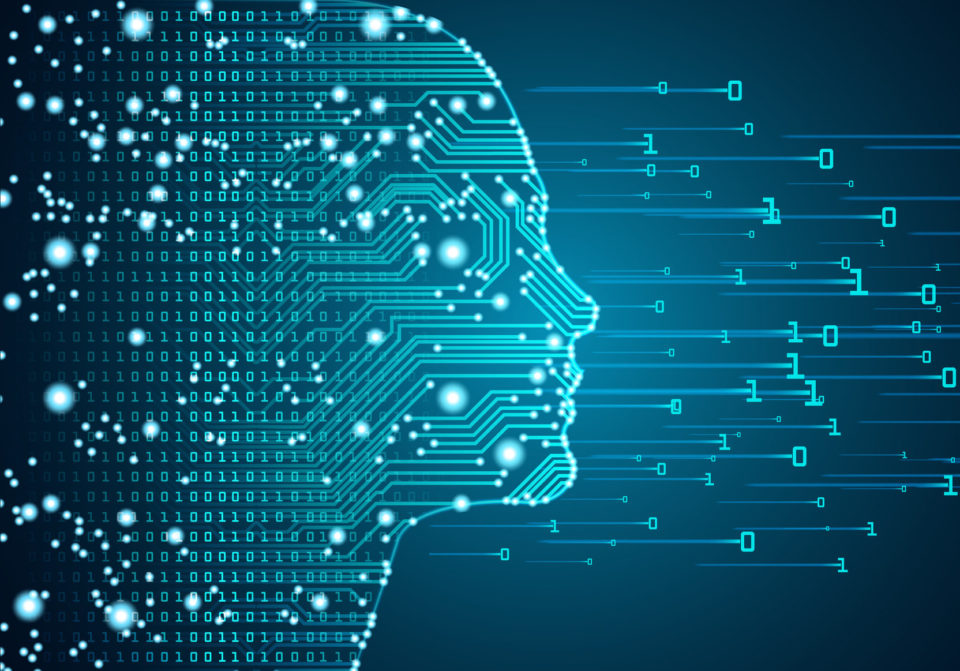
FDNA, an AI focused healthcare company, recently collaborated with a group of researchers to create a system that uses facial recognition to detect rare genetic disorders. Published this week in Nature Medicine, their paper describes their work with the smartphone diagnostic app called Face2Gene.
The application relies on machine-learning algorithms and neural networks that detect distinct facial features in photos of individuals with neurological and congenital disorders. Patterns inferred from the pictures allow the app to find several possible diagnoses and give the user a list of options.
The feature has been used by physicians as an assistive tool, being that it is not intended to yield definitive diagnoses. Researchers claim that the app could potentially raise some legal and ethical concerns, being that ethnic bias in data sets and commercial fragmentation of databases could limit the tools reach.
READ MORE: Unique AI System Identifies Objects Via Similar Processes As Humans
The FDNA researchers first trained the AI system to identify Cornelia de Lange syndrome and Angelman syndrome, two disorders characterized by distinct facial features. This training process entailed making the system able to tell these conditions apart from other similar disorders. The scientists also taught the system to identify different genetic forms of another disorder, Noonan syndrome.
The research team was led by Yaron Gurovich, CTO at FDNA. He and his team trained the deep-learning algorithm with over 1,000 images of diagnosed cases of 216 facially distinct syndromes. When encountering a new image, the app correctly diagnosed users with its top choice in roughly 65% of the cases. When looking at multiple of the predictions Face2Gene put the correct diagnosis in the top ten predictions 90% of the time, making the app considerably accurate.
FDNA hopes to develop this technology to allow companies to filter, interpret, and prioritize genetic variants during DNA analyses in the future. To expand their system to this degree, FDNA will have to gather considerable amounts of data.
The app is currently available to professional physicians for free, and many of them use it as a second opinion in diagnosing rare genetic disorders. Face2Gene can also give doctors a place to start in diagnosing confounding symptoms in a patient.
“It’s like a Google search,” says study co-author Karen Gripp, medical geneticist at Nemours/ Alfred I. duPon Hospital for Children in Wilmington, Delaware.
READ MORE: Researchers Develop AI With Human-Like Hearing
Gripp is also FDNA’s chief medical officer, and used the AI to diagnose Wieldemann-Steiner syndrome in a patient she treated last year. The patient was a young girl who was fairly short for her age and lost most of her baby teeth already, but the four-year-old didn’t have any other symptoms distinguishing physical features.
Gripp had seen case reports describing premature dental growth in children with the disorder, which is caused by a mutated KMT2A gene. To enhance the diagnosis, Gripp uploaded an image of her patient on Face2Gene and Wiedemann-Steiner syndrome was one of the app’s top predictions. A targeted DNA test confirmed Gripp’s diagnosis, but she claims that the AI let her narrow the possible disorders to save the cost of a multi-gene test.
AI can identify rare genetic disorders by the shape of someone’s face – read more – https://t.co/X2awqS1f8Y
Facial recognition apps like this one – called Face2Gene – can now help diagnose rare genetic conditionsDavid L. Ryan/The Boston Globe via Getty
By Chelsea Whyte
Peo… pic.twitter.com/jJI1reLIQA— NewsFlash – Fresh News (@NewsflashN) January 7, 2019
Sources: Nature







 © 2025 Mashup Media, LLC, a Formedics Property. All Rights Reserved.
© 2025 Mashup Media, LLC, a Formedics Property. All Rights Reserved.